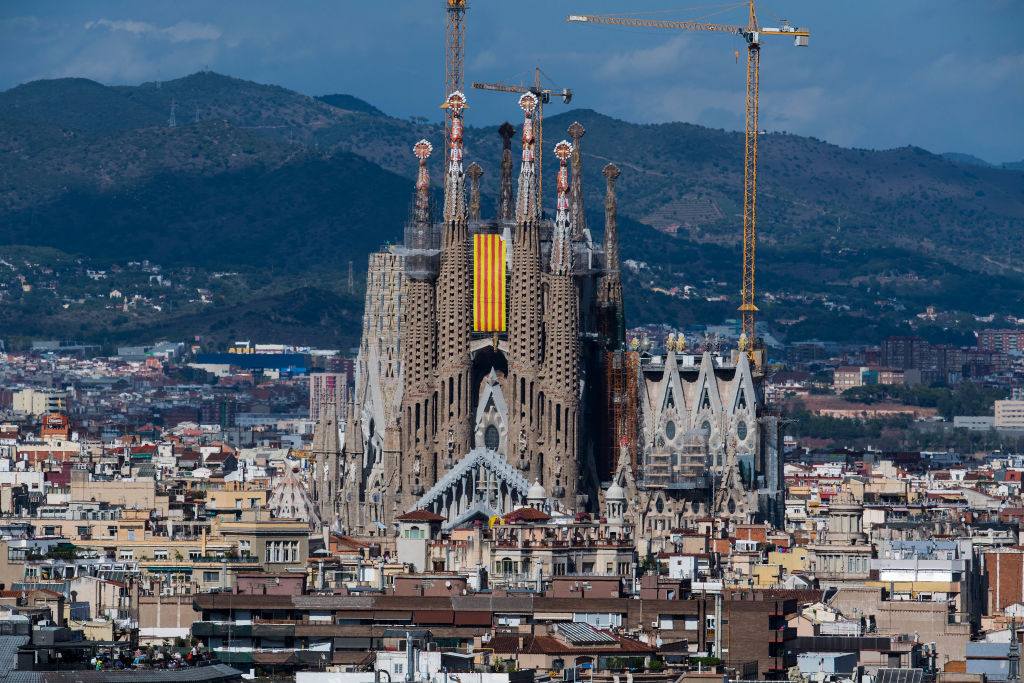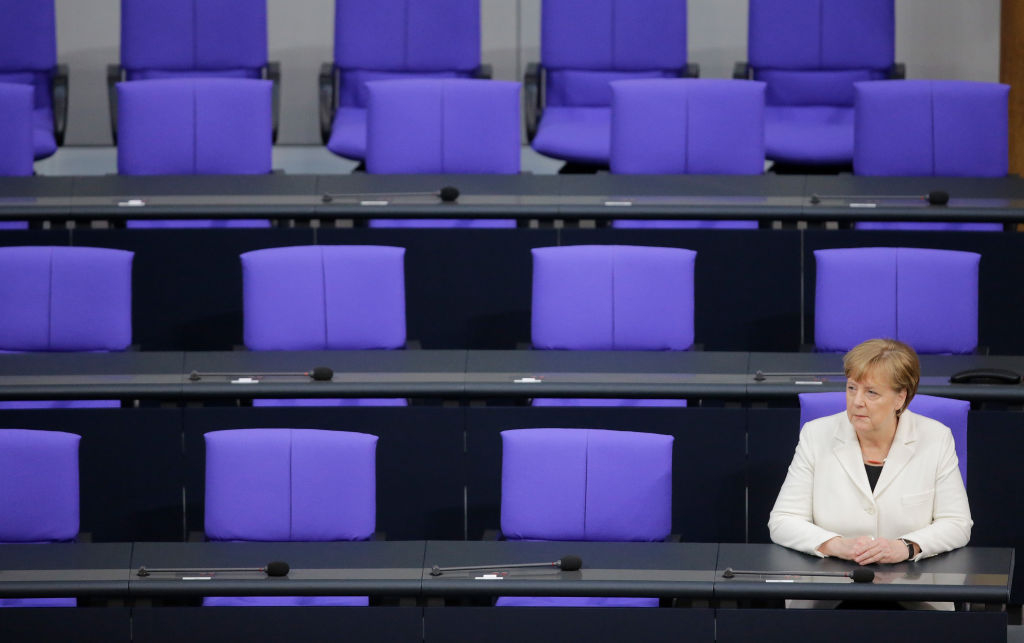by Soeren Kern • August 8th
The United Nations reported that June 2018 was a record month for illegal migration to Spain. In all, 17,781 illegal migrants arrived in Spain during the first six months of 2018, almost double the 9,581 migrants who arrived in Spain during the same period in 2017.
The Islamic Commission of Spain, a Muslim umbrella group, threatened to file a lawsuit against the regional government in Valencia if it fails to offer Islam courses in public schools.
"It is not possible that there are residency permits for everyone, nor is a welfare state sustainable that absorbs the millions of Africans who want to come to Europe. We have to say it, even if it is politically incorrect. Let's be honest and responsible with this question." — Pablo Casado, leader of the center-right Popular Party.

On July 31, Spanish police revealed that the Islamist cell which carried out the attacks in Barcelona on August 17, 2017 had originally planned to attack the Sagrada Familia cathedral (pictured), one of the leading tourist attractions in the city, and the Camp Nou football stadium. (Photo by David Ramos/Getty Images)
July 1. The United Nations reported that June 2018 was a record month for illegal migration to Spain. At least 7,142 illegal migrants arrived in Spain during the month, more than twice the number of arrivals in Italy (3,101) and three times as many as in Greece (2,157). By way of comparison, 2,682 illegal migrants arrived in Spain in June 2017. In all, 17,781 illegal migrants arrived in Spain during the first six months of 2018, almost double the 9,581 migrants who arrived in Spain during the same period in 2017.
July 2. The European Commission provided Spain with €25.6 million ($30 million) in aid to improve the reception capacity of migrants in the country. The money will be used to provide food and shelter for people arriving through the so-called Western Mediterranean route. With this transfer, the EU has provided Spain with €692 million ($800 million) since 2014 to help manage migration flows.
by Vijeta Uniyal • August 8th
Instead of listening to genuine concerns felt by ordinary citizens, the German political establishment rushed to criminalize dissent. Earlier this year, Merkel's government enforced an "anti-hate speech social media law."
Immigrants who tried to challenge the microaggression narrative on social media faced abuse and were told to shut up.
While the German political establishment and the activist media are busy detecting microaggressions in their society, the massive number of newcomers may well be macro-transforming the heart of Europe, irreversibly.

Since Chancellor Angela Merkel (pictured) opened Germany's borders to mass migration in the spring of 2015, the country has been hit by a wave of violent crimes and terror attacks carried out mainly by immigrants. Instead of listening to concerns felt by ordinary citizens, the German political establishment rushed to criminalize dissent. (Photo by Carsten Koall/Getty Images)
With Chancellor Angela Merkel's open door migration policy continuing to fuel a surging crime wave and swelling the ranks of jihadists in Germany, a large number of people took to social media -- not to denounce the open borders policy or radical Islam -- but to protest what are perceived as racist "microaggressions" faced by immigrants and refugees in the country.
Under the hashtag #MeTwo, countless Germans of immigrant descent, refugees and activists shared stories of the "everyday racism" in Germany.
"My Croatia neighbors in Germany treat us as "arabic" Students from Arabia ( we are Tunisians and there is no place called Arabia ). And when i meet her in the building she never smiled and never replied to my greetings as if i did something to her," tweeted a Tunisian girl.
Another had some advice:
Hey, white fellow Germans. If you are sensitive to #metwo, it doesn't mean that People of Color lie or "accuse" us of racism.
|
|



No comments:
Post a Comment